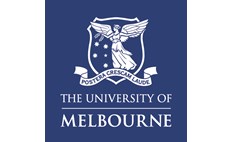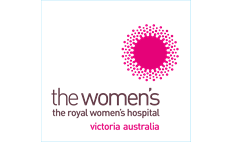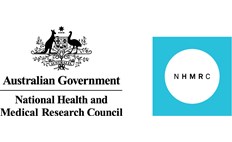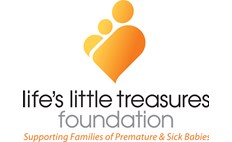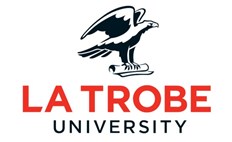Professor Rod Hunt discusses Improving Perinatal Care, Preventing CP and Driving New Research

CRE in Newborn Medicine Chief Investigator, neonatologist, researcher, and recently appointed Financial Markets Foundation for Children Chair in Neonatal Paediatrics at Monash Health, Professor Rod Hunt, reported on the clinically significant improvements for children and families with Cerebral Palsy (CP) in a review published in Developmental Medicine & Child Neurology (DMCN) recently. In it, Rod and colleagues describe the many interventions and strategies that are all working to underpin a marked decline in the incidence of CP noted at varying rates globally since the 1980s.
In discussing the future aspects of perinatal care that require consideration to continue the downward trend in CP birth prevalence, Rod highlights the significant association of CP and preterm birth, noting that “with preterm birth associated with 45% of cases of CP, it follows that reducing the rate of preterm birth will likely decrease the rate of CP further”. Observed is the program implemented by the Western Australian Preterm Birth Initiative, that achieved successful reductions in preterm birth rates locally, that is now being rolled out Australia wide through the Australian Preterm Birth Alliance and soon, in other developed countries.
An advocate for consumer driven research, a role he brings to the CRE in Newborn Medicine as the co-chair of our Policy & Practice Translation Subcommittee, Rod acknowledges the vital role played by consumers in directing CP research priorities and the need for consumers to be inherently involved in the translation of research findings into clinical practice. You can read the full review by Rod and his colleagues through open access here
Having cared for infants at high risk of adverse outcomes in the Newborn Intensive Care Unit at RCH for nearly two decades, Rod has now taken on a new challenge. In late 2020, he left RCH to lead the advancement of newborn medicine research from discovery through translation to improved clinical care at Monash University and Monash Newborn. We thought this was the perfect opportunity to profile Rod for our Professor Profile series.
What is your current role and what does a day look like for you?
Very variable – some weeks I still care for infants in the NICU, other weeks I do some teaching of medical and postgraduate students – but mostly I am writing grants and developing collaborations that will see us undertake a new series of trials in the NICU. In my new role I have the great fortune to work with some brilliant scientists at The Ritchie Centre and Hudson Research Institute, and I have really enjoyed getting to know a new team of Neonatologists, all of whom are very engaged with clinical research. I can now actually attend to some writing in daylight hours, rather than trying to fit it in around a full time clinical and administrative role, so I am really enjoying the luxury of a less administratively demanding role.
How long have you been working in neonatal care and research? What led to you pursuing this career?
I started in Newborn Intensive Care as a Fellow at the Westmead Children’s Hospital in 1999 – ironically the year that my eldest son was born (at 32 weeks……). I love clinical neonatology but realised fairly early that the opportunity to afford benefit to the greatest number of patients was going to be through research and improved clinical practice. So whilst I enjoy the privilege of caring for individual babies and families, I am driven by the urgent need to try to improve outcomes for the graduates of our NICU’s.
What are your main research interests and what are you currenting researching?
I am a Neonatal Neurologist – and have spent most of my time studying the newborn brain – its vulnerabilities, its capacity to recover and the long-term impact of brain injury, regardless of the cause. I was fortunate to do my PhD with Professor Lex Doyle and Professor Terrie Inder, so learnt about the importance of long-term follow-up as an important mechanism to gauge the true impact of interventions we trial in the NICU. This year we hope to expand a new trial of cycled light and dark therapy, to entrain a Circadian Rhythm in preterm infants, to NICU’s in Victoria. We aim to recruit about 950 babies so will need all the help we can get!
What do you enjoy about working in the CRE in Newborn Medicine team?
The CRE in Newborn Medicine has allowed me to work alongside and learn from some of the most highly respected Clinician Scientists in Newborn Medicine in the world. To be part of such an incredible team has been a great privilege, and one that I have learnt a lot from.
Professionally or personally, what would you like to achieve in 2021?
More sleep, more exercise, some music, some wine, some time with my family…….and more great research.


